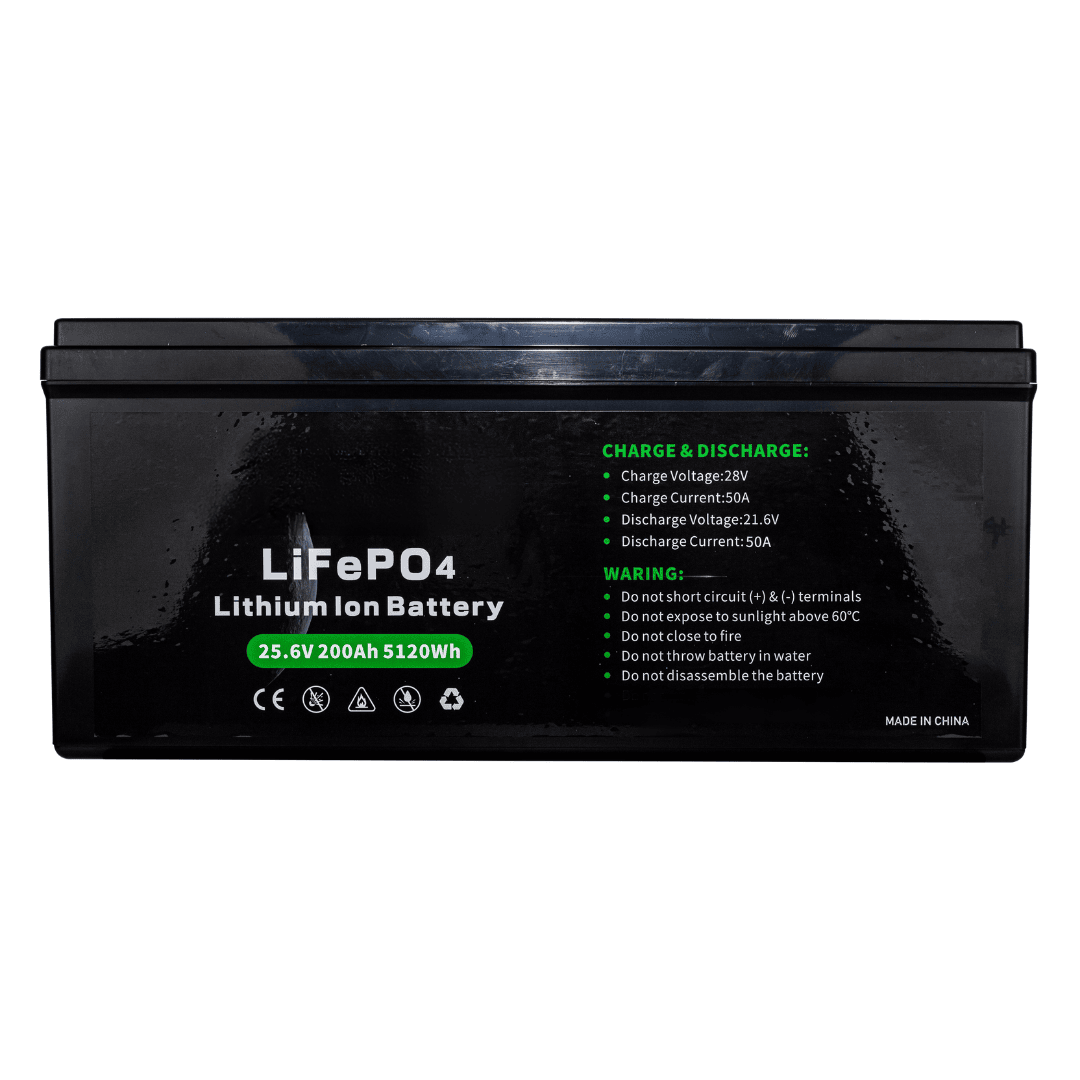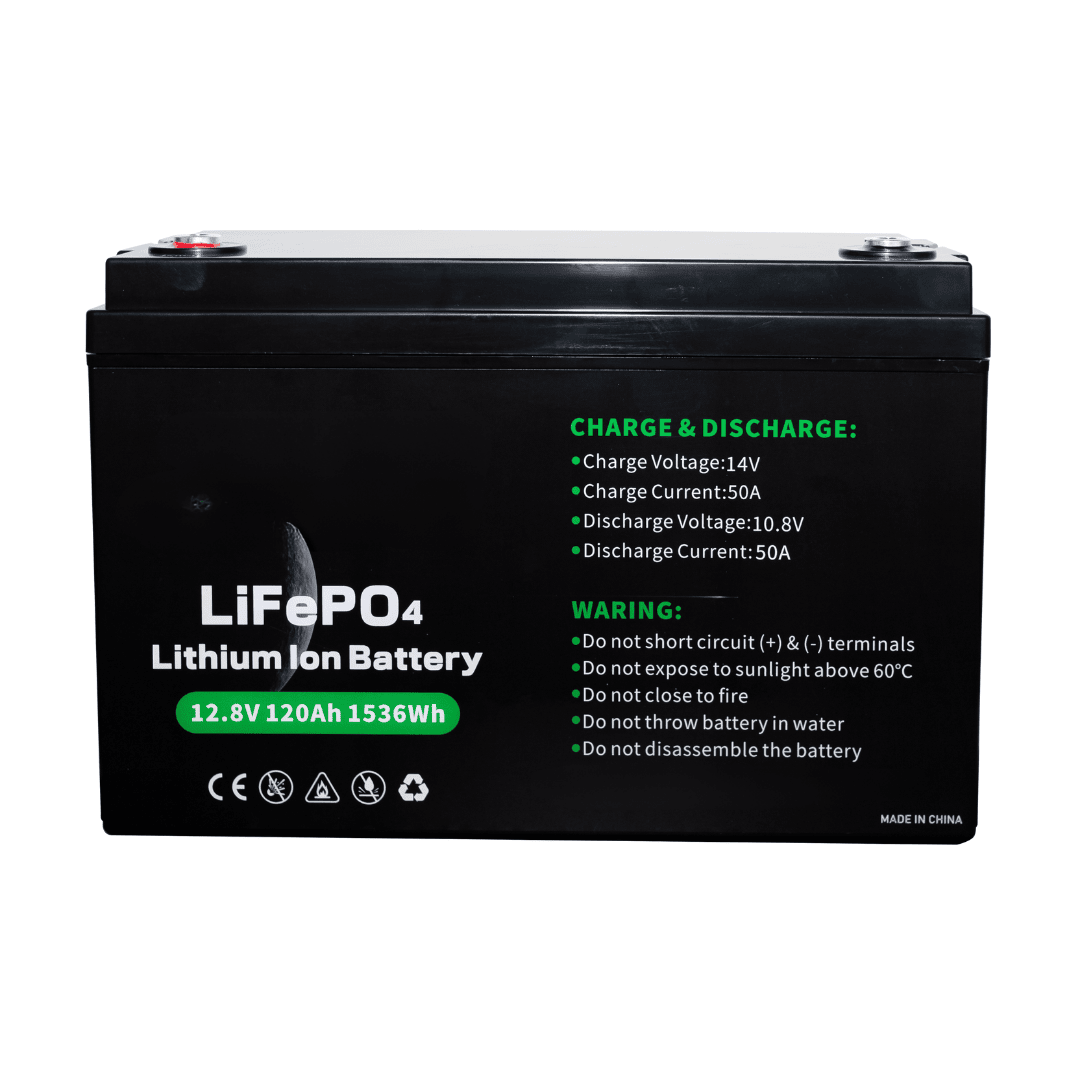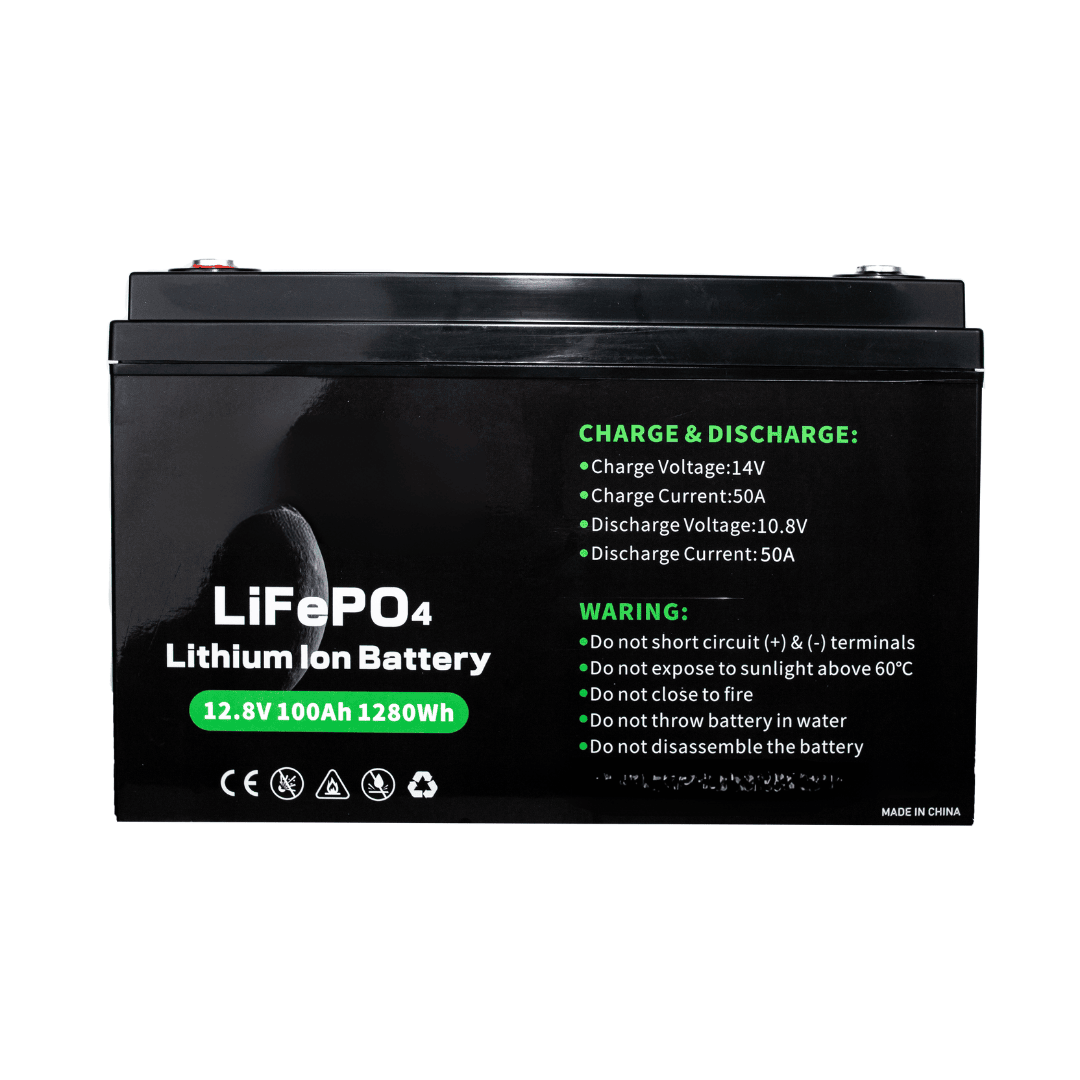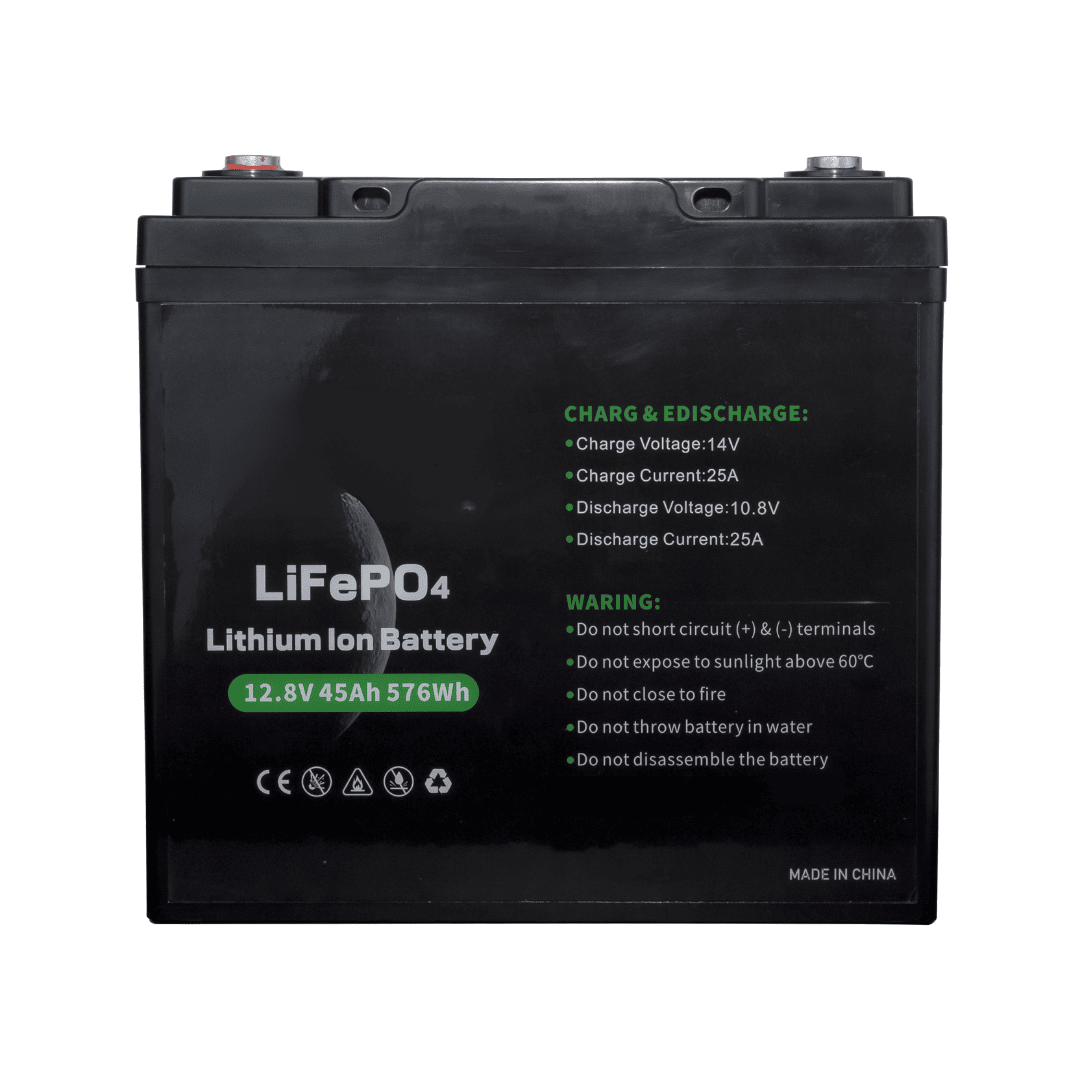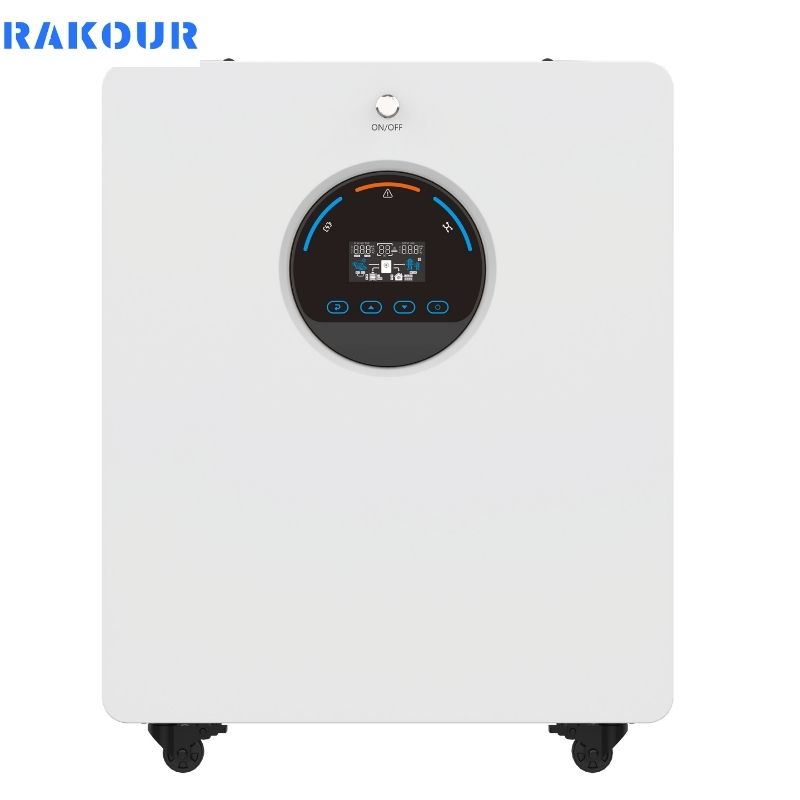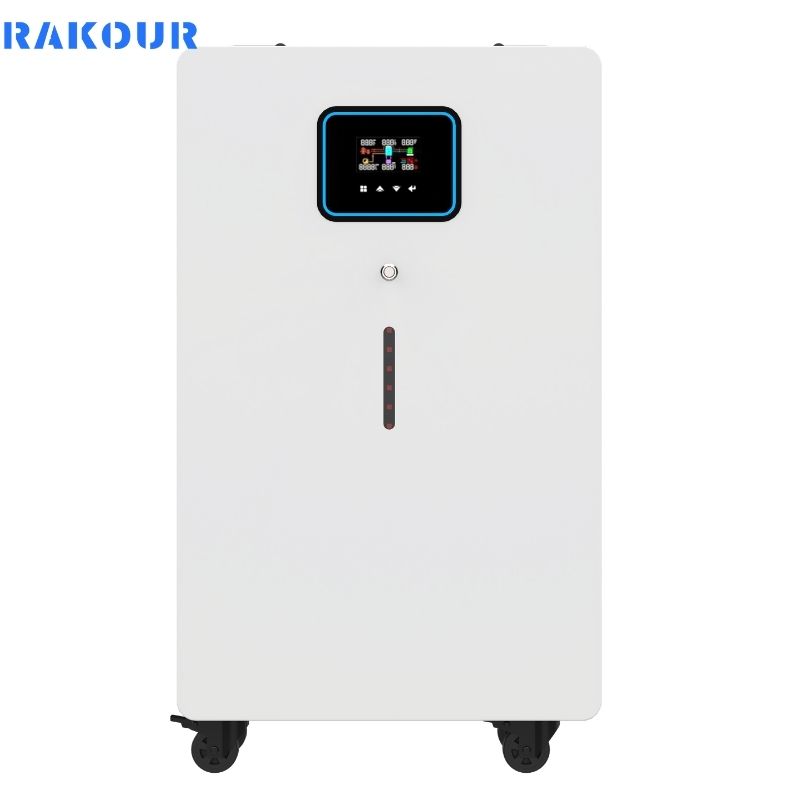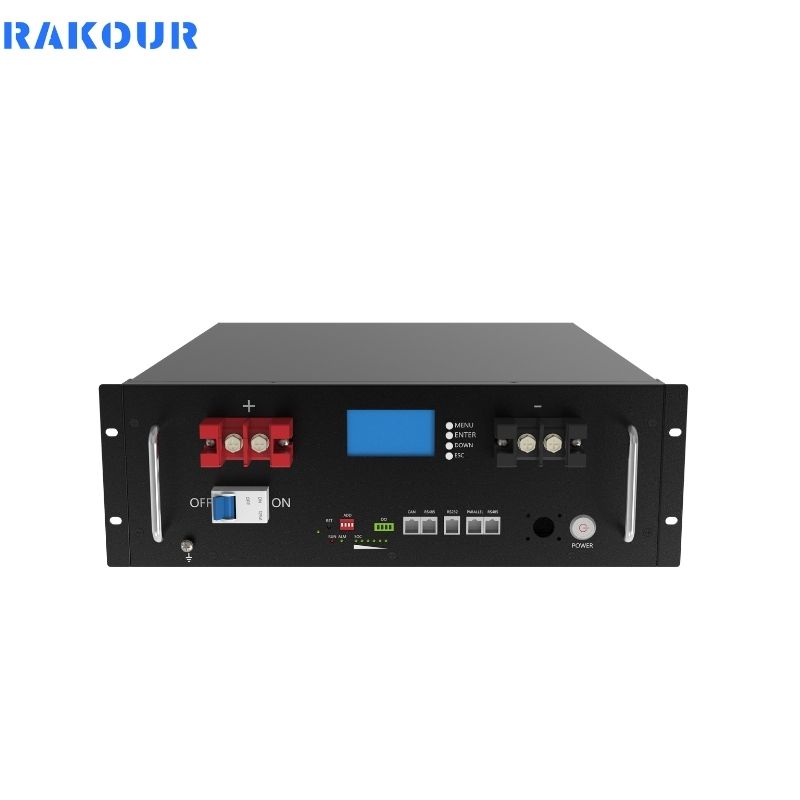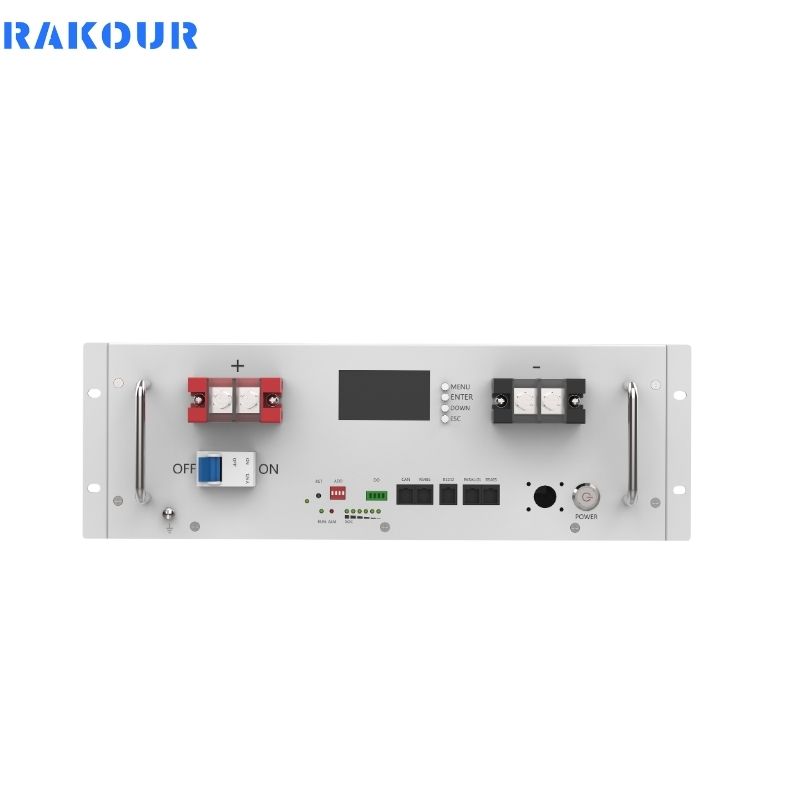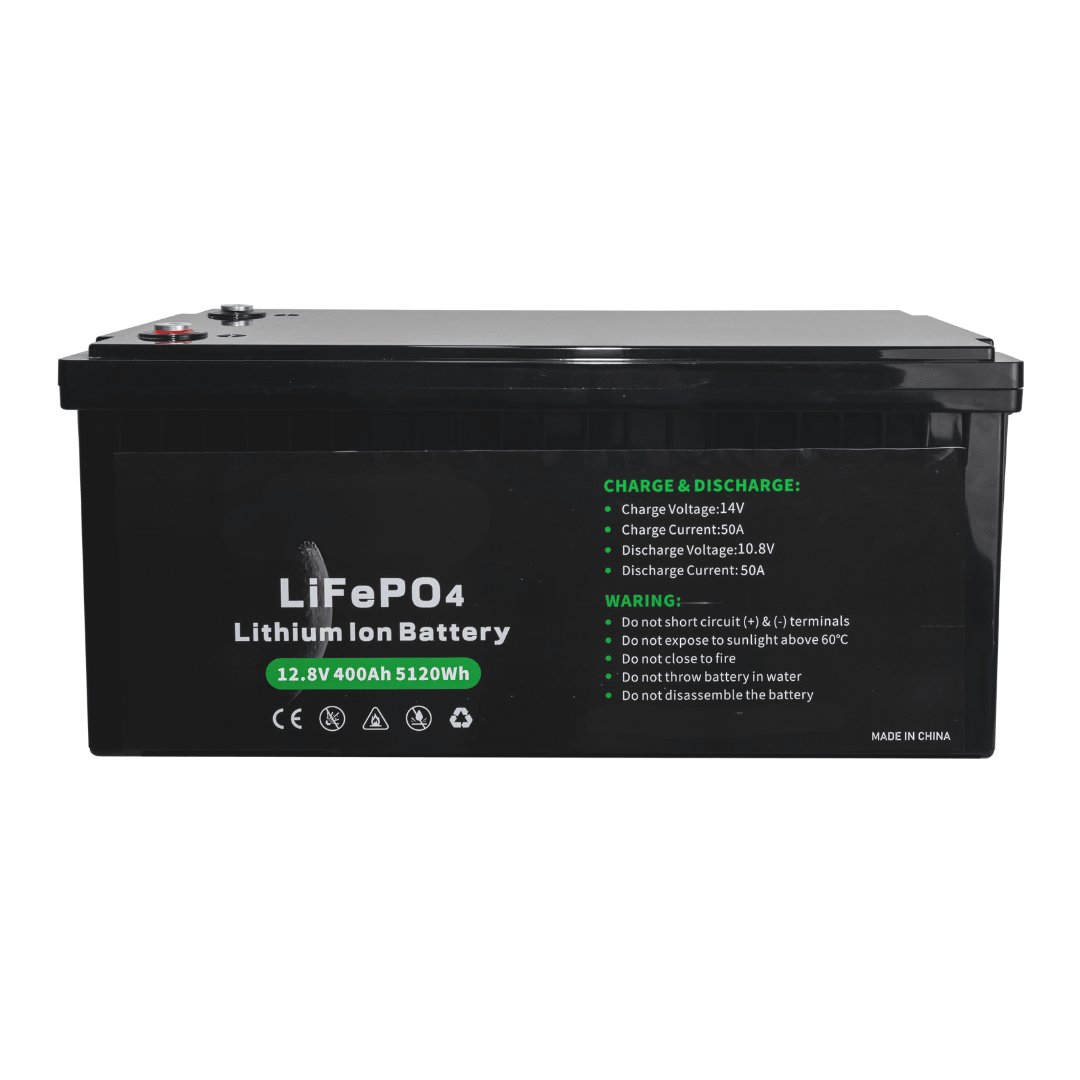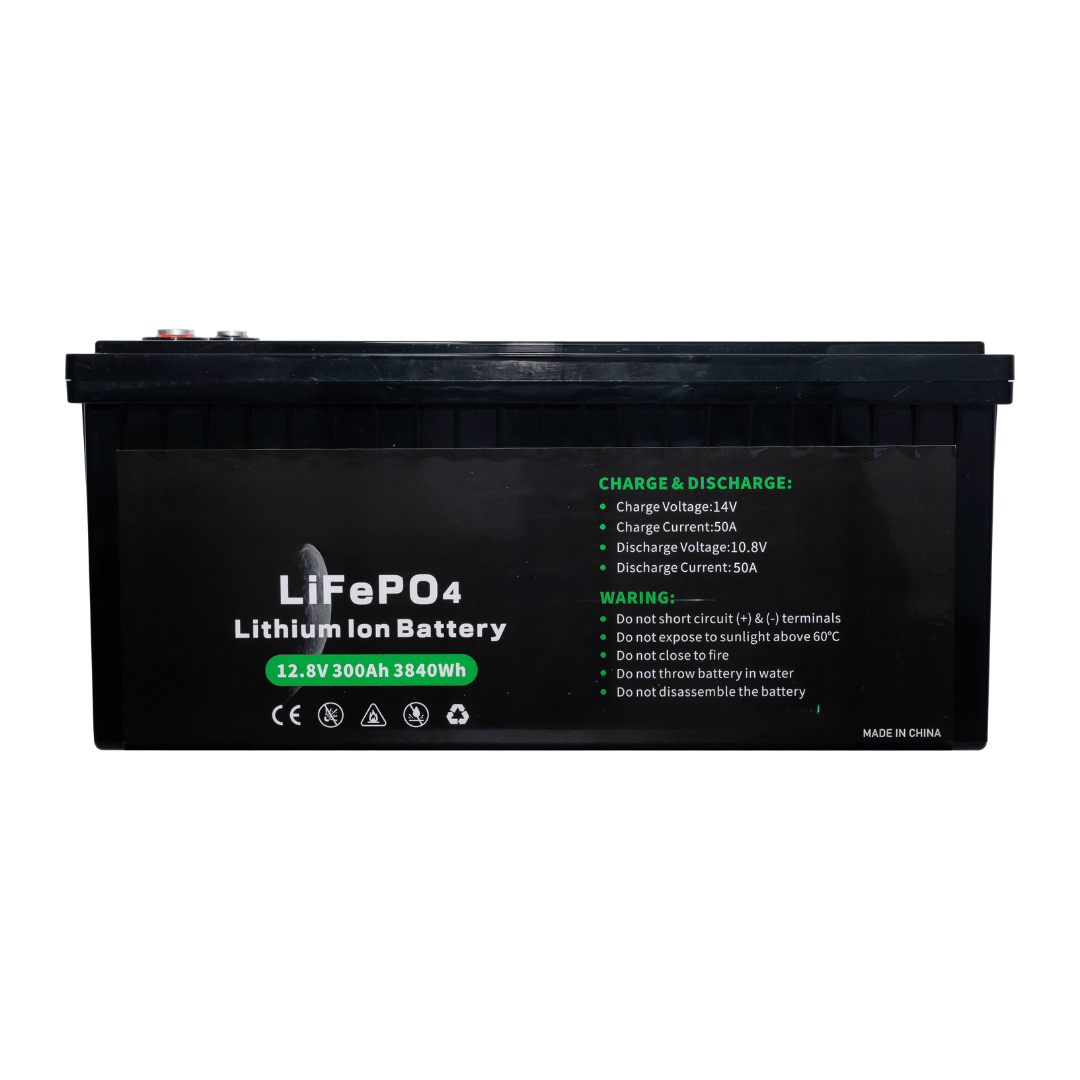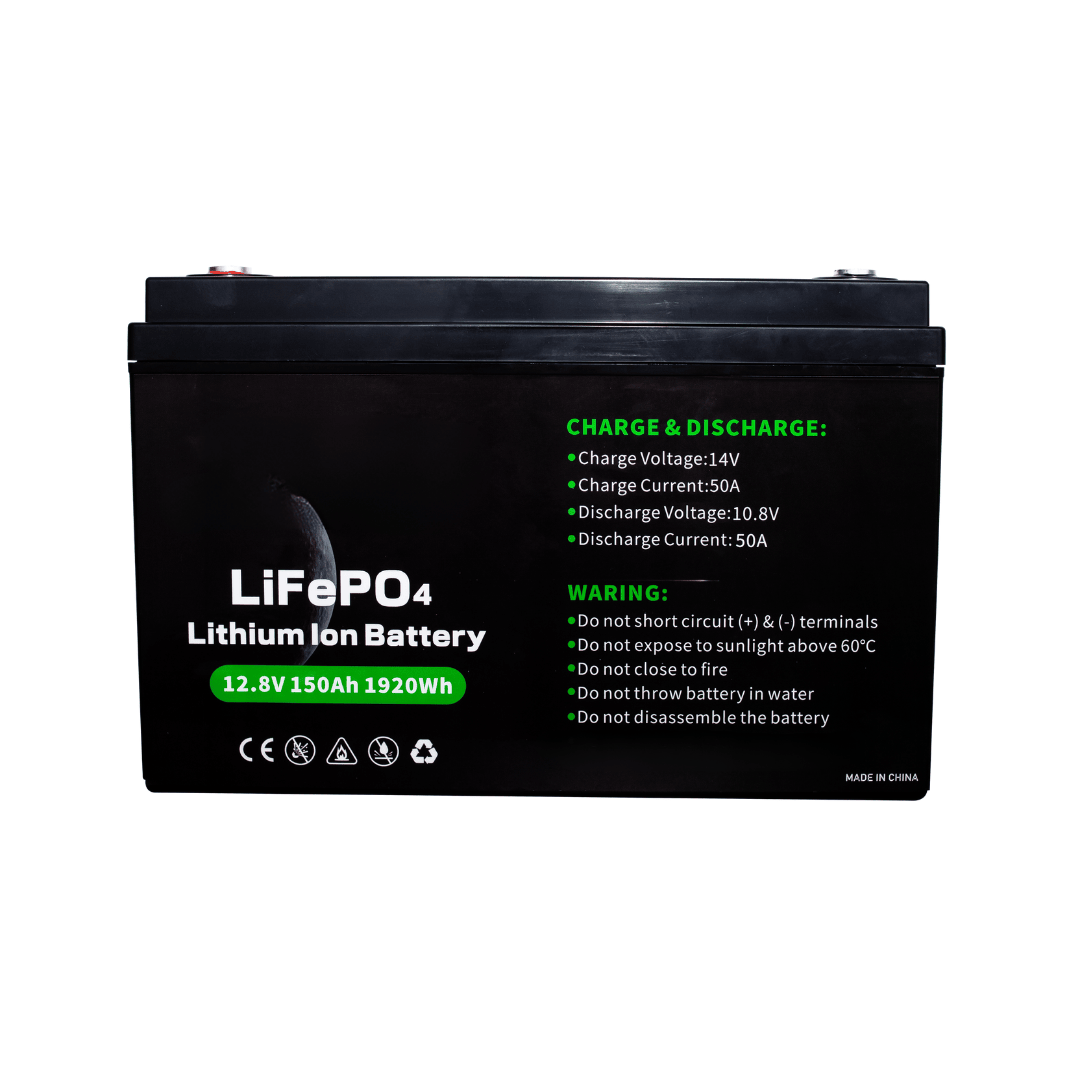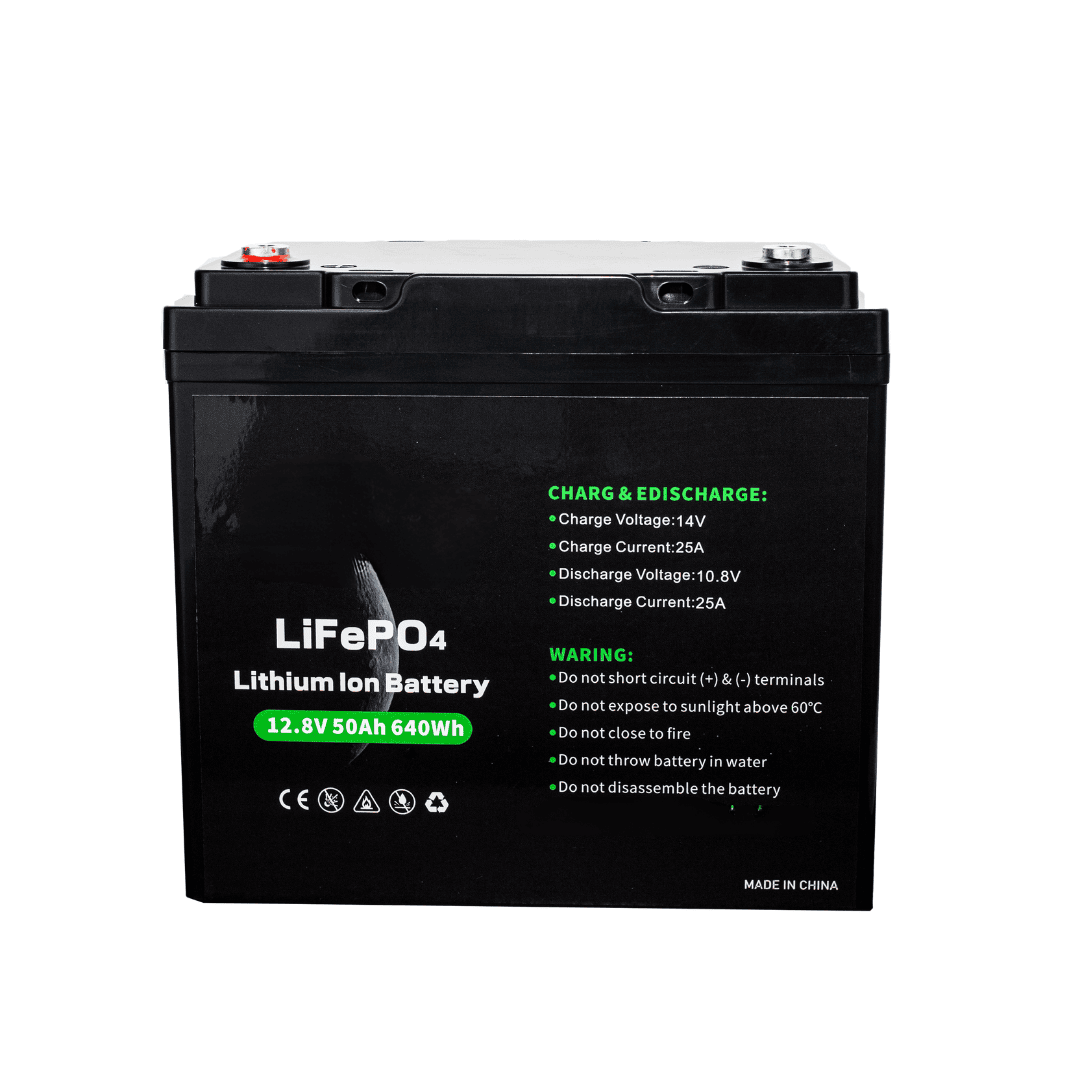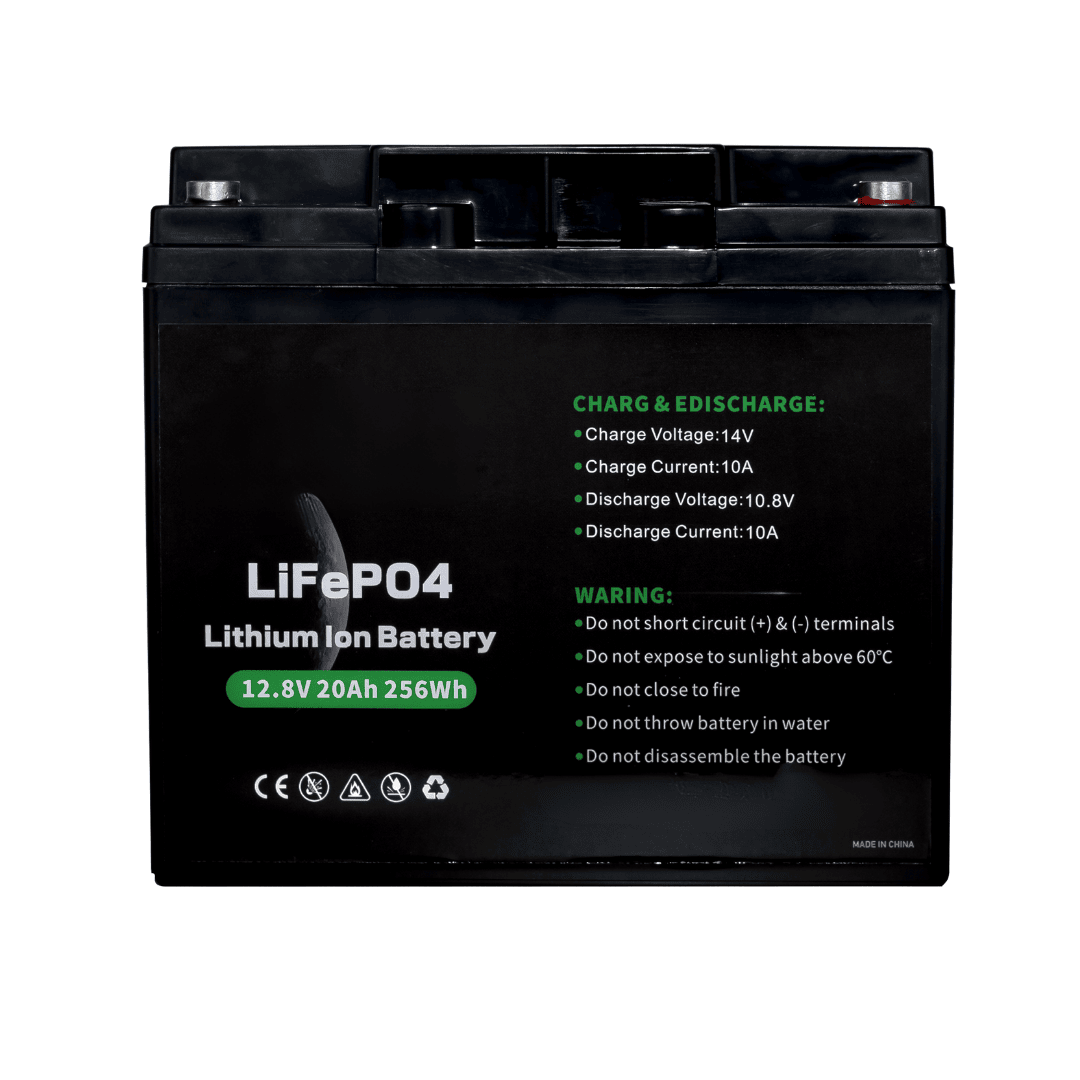Introduction to Deep Cycle Batteries
Deep cycle batteries are vital for anyone who relies on reliable power sources in marine and recreational vehicle (RV) settings. These batteries are engineered to provide consistent energy over extended periods, making them ideal for applications that require frequent discharges. When choosing between lithium and AGM (Absorbent Glass Mat) batteries, understanding their differences can significantly influence your experience on the water or during outdoor adventures.
12v lithium marine batteries have surged in popularity due to their advanced technology and numerous benefits over traditional AGM batteries. They offer not only enhanced performance but also longevity and efficiency that can transform your boating experience. As we delve into the specifics of these battery types, it’s essential to consider factors such as weight, charging time, and overall reliability.
In this blog, we will explore the features and benefits of 12v lithium ion marine batteries, compare them with AGM options, and provide insights that will help you make an informed decision tailored to your specific needs.
12v Lithium Marine Battery: An Overview
12v lithium marine batteries are specifically designed for use in marine applications, leveraging lithium-ion technology that brings several advantages over conventional lead-acid batteries. Here are some key features that highlight their superiority:
- Une durée de vie plus longue: Unlike AGM batteries, which typically last between 3 to 5 years, 12v lithium ion marine batteries can last up to 10 years or more with proper maintenance. This longevity reduces the frequency of replacements, saving you both time and money.
- Des temps de charge plus rapides: One of the standout benefits of lithium technology is its ability to charge rapidly—up to five times faster than AGM batteries. This means less downtime waiting for your power source to recharge and more time enjoying your adventures on the water.
- Conception légère et compacte: 12v lithium ion battery marine options are significantly lighter than their AGM counterparts, making them easier to handle and install on boats. This reduction in weight can also enhance the overall performance of your vessel by improving fuel efficiency.
- Caractéristiques de sécurité renforcées: Lithium batteries come with built-in safety mechanisms that prevent issues such as overcharging and overheating. These features ensure a safer experience while out at sea, giving boaters peace of mind. According to Université de la batterie, lithium-ion systems are considered one of the safest battery chemistries available today when proper precautions are met.
The combination of these features makes 12v lithium ion marine batteries an excellent choice for various applications, including recreational boating, fishing boats, and powering essential onboard electronics.
AGM Batteries: Understanding Their Advantages and Limitations
AGM batteries have long been a staple in the boating community due to their reliability and maintenance-free operation. Here’s a closer look at their advantages:
- Fonctionnement sans entretien: AGM batteries do not require regular maintenance like topping off with water, which makes them convenient for casual users.
- Spill-Proof Design: The absorbed electrolyte in AGM batteries prevents leakage or spillage, even if the battery is inverted or subjected to vibrations—an essential feature for marine applications where stability is crucial.
- Résistance aux vibrations: Designed to withstand shocks and vibrations, AGM batteries are suitable for off-road vehicles and boats alike.
However, they also come with limitations:
- Une durée de vie plus courte: While AGM batteries can last 3 to 5 years under normal conditions, they do not match the longevity of lithium options.
- Slower Charging Times: Compared to lithium alternatives, AGM batteries charge significantly slower. This can be a drawback when quick recharging is necessary during extended outings.
- Limited Depth of Discharge: Regularly discharging AGM batteries below 50% capacity can lead to reduced lifespan; in contrast, lithium batteries can be discharged down to 20% without damage.
In summary, while AGM batteries offer certain advantages such as being maintenance-free and spill-proof, they fall short in terms of lifespan and charging efficiency compared to lithium alternatives. If you’re considering upgrading your battery system or need more information about which battery suits your needs best, don’t hesitate to reach out through our page de contact. For a deeper understanding of whether lithium is worth the investment for trolling motors, check out our article on spending extra on lithium batteries for trolling motor.
According to Université de la batterie, AGM technology became popular due to its ability to deliver high currents on demand while maintaining a relatively long service life—even when deep cycled.
Lithium Deep Cycle Batteries: The Advanced Choice
Lithium deep cycle batteries represent a significant advancement in energy storage solutions for marine applications. Here’s why they are often considered the superior choice:
- Densité énergétique plus élevée: Lithium batteries boast a higher energy density than AGM counterparts, allowing them to store more energy in a smaller size. This feature is particularly advantageous for space-constrained applications like boats where every inch counts.
- More Charge Cycles: Lithium batteries can endure thousands of charge-discharge cycles without significant degradation in performance—often exceeding 3,000 cycles—compared to AGM’s typical lifespan of around 1,000 cycles.
- Greater Usable Capacity: With lithium technology capable of being discharged up to 80-100%, users benefit from more usable power compared to AGM’s maximum discharge limits of around 50%. This allows for longer periods between recharges during extended outings.
- Efficacité des coûts dans le temps: Although the initial investment in lithium technology may be higher—often three to four times that of AGM—the long-term savings from fewer replacements and lower maintenance costs can make lithium a more economical choice over time.
Given these advantages, many users find that investing in lithium deep cycle technology pays off through enhanced performance and reduced operational costs. If you’re ready to make the switch or want personalized advice on choosing the right battery for your needs, please visit our page de contact. To learn more about how boat owners can benefit from using LiFePO4 batteries specifically designed for marine applications, check out our article on how boat owners benefit from using LiFePO4 batteries.
Research from Stanford University highlights ongoing advancements in battery technology that may further enhance the performance characteristics of lithium-based systems in the future.
Comparative Analysis: Lithium vs AGM Batteries
When choosing between lithium and AGM deep cycle batteries, several factors come into play:
| Fonctionnalité | Piles au lithium | Batteries AGM |
|---|---|---|
| Durée de vie | 10-15 ans | 3-5 ans |
| Temps de charge | Up to 5 times faster | Slower charging |
| Poids | Up to 50% lighter | Plus lourd |
| Profondeur de la décharge | Up to 80% or more | Recommended max 50% |
| Maintenance | Sans entretien | Sans entretien |
| Usable Capacity | Higher (80-100%) | Lower (30-50%) |
This table highlights critical differences between these two battery types. While both offer unique benefits suitable for various applications, 12v lithium ion battery marine options often emerge as the more advantageous due to their superior lifespan, faster charging capabilities, lighter weight, and greater usable capacity. For further insights into whether lithium deep cycle batteries are better than AGM options, read our detailed comparison in are lithium deep cycle battery better than AGM?.
Applications: Where Each Battery Type Excels
Both lithium and AGM deep cycle batteries find their place in different applications:
- Applications marines:
- Lithium: Ideal for powering trolling motors, onboard electronics, navigation systems; lightweight design enhances boat performance.
- AGA: Suitable for backup power systems; robust construction withstands harsh marine conditions.
Choosing the right battery type depends on your specific needs—whether you prioritize weight savings for boating or reliability for RV use. If you’re curious about how these technologies apply specifically in boating contexts or have other questions about their usage in RVs or boats, explore our article on can you use lithium batteries in a boat or RV?.
Cost Considerations: Initial Investment vs Long-Term Value
The initial cost of lithium deep cycle batteries can be daunting—often three to four times higher than AGM alternatives. However, it’s essential to consider long-term value:
- Initial Costs:
- Lithium may require an upfront investment but offers longer life expectancy.
- Coûts de remplacement:
- With AGMs needing replacement every few years, total costs accumulate quickly.
- Coûts de maintenance:
- Lithium’s maintenance-free nature contrasts with AGMs requiring occasional checks—adding further costs over time.
Ultimately, while AGMs may seem cheaper initially, their shorter lifespan often leads to higher long-term expenses compared to investing in a quality 12v lithium ion marine battery de l'installation.
According to Instituts de recherche UL, lithium-ion technology is prevalent due to its high energy density and rechargeability—making it suitable for various applications ranging from portable devices to electric vehicles.
Safety Considerations: Lithium vs AGM
Safety is paramount when selecting a battery type:
- Piles au lithium:
- Equipped with built-in safety mechanisms; less prone to thermal runaway incidents.
- Batteries AGM:
- Generally safe but can emit gases if overcharged; require proper ventilation during use.
Both types offer safety features that make them suitable for various applications; however, lithium’s advanced technology provides additional peace of mind with its robust safety measures.
Lear Nos produits dérivés
lectures recommandées
Conclusion
In conclusion, choosing between lithium deep cycle batteries and AGM options involves weighing various factors including lifespan, charging efficiency, weight considerations, safety features, and overall cost-effectiveness.
For those seeking high performance and reliability—especially in demanding environments like marine settings—investing in a quality 12v lithium marine battery, such as a 12v lithium ion battery marine, may provide significant advantages over traditional AGM alternatives.
Ultimately, understanding your specific needs will guide you towards making an informed decision that best suits your lifestyle and application requirements while ensuring you enjoy every moment on the water without worry about power reliability.
Découvrez comment RAKOUR peut vous aider à déployer
l'énergie à l'épreuve du temps
Notre équipe d'experts en stockage d'énergie prendra le temps de bien comprendre votre activité, vos défis et vos opportunités.

Guide du tableau de tension LiFePO4
Ce guide complet explore la carte de tension LiFePO4, en détaillant la chimie, les performances et les applications des éléments suivants

Comment entretenir une batterie au lithium de 12V ?
L'entretien d'une batterie au lithium de 12 V nécessite une attention particulière aux pratiques de charge, à la gestion de la température et à l'utilisation correcte de la batterie.

Comprendre les applications des batteries Li Ion
Explorez les diverses applications des batteries li-ion dans différents secteurs, de l'électronique grand public à l'électronique grand public.

Maximiser la durée de vie des batteries Li Ion
Explorer les stratégies efficaces pour maximiser la durée de vie des batteries li-ion, en se concentrant sur les meilleures pratiques,

Les piles au lithium sont-elles adaptées à un usage marin ?
Les piles au lithium transforment les systèmes d'alimentation marins en offrant aux plaisanciers des performances, une fiabilité et des performances accrues.

Conseils sur les performances des piles au lithium LiFePO4
Découvrez des conseils essentiels pour améliorer les performances et la longévité des piles au lithium LiFePO4. Ce guide complet
FAQ



